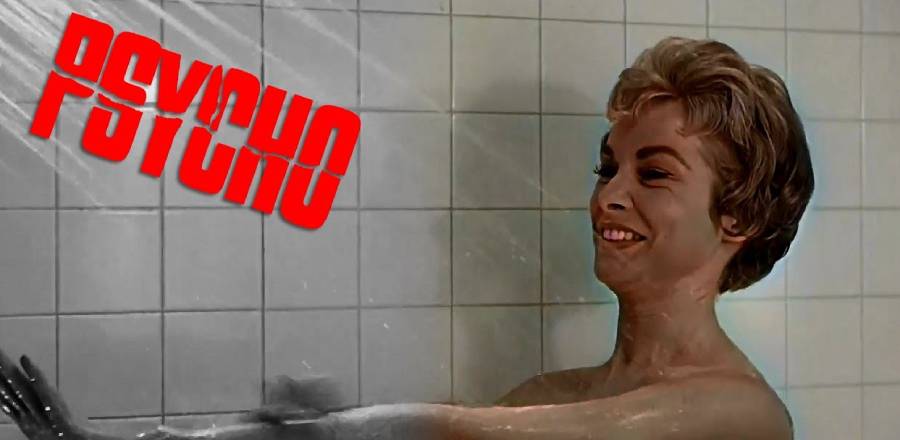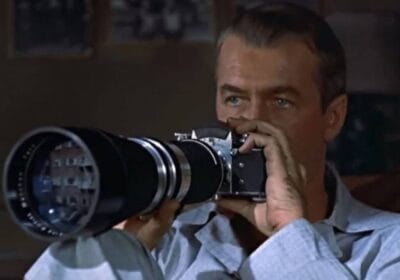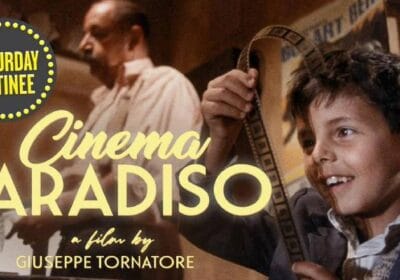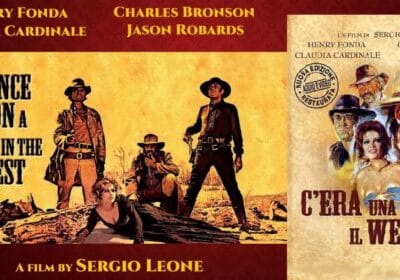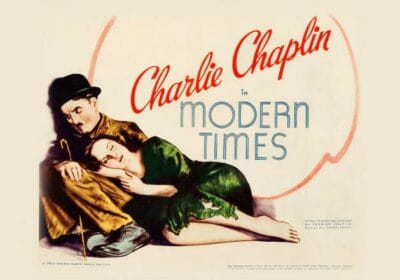Psycho (1960) is a classic thriller directed by Alfred Hitchcock that changed the face of horror films forever. Based on the novel of the same name by Robert Bloch, the movie is famous for its suspenseful storyline, clever twists, and iconic scenes that have become ingrained in popular culture. With its masterful direction, stunning cinematography, and a haunting soundtrack, Psycho is a masterpiece that continues to be studied and admired by filmmakers and movie lovers alike.
The film revolves around Marion Crane (played by Janet Leigh), a secretary who steals $40,000 from her employer and goes on the run. She checks into the Bates Motel, run by Norman Bates (played by Anthony Perkins), a shy and awkward young man who lives with his controlling mother. As the story unfolds, Marion’s disappearance leads to an investigation, and the truth about Norman and his mother is revealed, leading to a shocking climax.
Table of Contents
Themes
One of the most significant themes in Psycho is the idea of duality. Throughout the movie, Hitchcock juxtaposes contrasting elements such as light and darkness, innocence and evil, and sanity and madness. The characters, too, embody this theme. Marion is torn between her desire for a better life and her guilt over stealing the money, while Norman is torn between his love for his mother and his desire for independence. Even the Bates Motel, with its bright exterior and dark interior, represents this duality.
Another central theme in Psycho is voyeurism. Hitchcock explores the concept of watching and being watched, which is evident in the opening shot of the movie, where the camera zooms in on an apartment window. The film also features several scenes where characters are observed without their knowledge, such as Marion undressing in her room and Norman peeping through a hole in the wall. This theme adds to the suspense and unease of the movie, as viewers are forced to confront their own voyeuristic tendencies.
Characters
The characters in Psycho are complex and multi-layered, adding depth to the story. Marion Crane, played by Janet Leigh, is the protagonist of the film. She is an ordinary woman who is driven to commit a crime out of desperation. However, she is also compassionate and empathetic, as evidenced by her interaction with Norman Bates.
Anthony Perkins plays Norman Bates, one of the most iconic characters in horror movie history. Norman is a complex character, a shy and awkward young man who is devoted to his mother. However, his love for her takes a dark turn, leading to his descent into madness. Perkins’ portrayal of Norman is chilling and unforgettable, making him one of the most memorable villains in movie history.
Vera Miles plays Lila Crane, Marion’s sister, who becomes involved in the investigation into her sister’s disappearance. Lila is strong-willed and determined, and her pursuit of the truth adds to the tension and suspense of the movie. John Gavin plays Sam Loomis, Marion’s lover, who becomes involved in the investigation as well. Gavin’s performance is understated but effective, adding to the realism of the film.
Legacy
Psycho is a film that has had a lasting impact on the horror genre and cinema as a whole. It revolutionized the way thrillers were made and set a new standard for suspense and horror. The movie’s iconic scenes, such as the shower scene and the final reveal, have become ingrained in popular culture and continue to be referenced in films and television shows.
The film also had a significant impact on Alfred Hitchcock’s career, cementing his status as a master of suspense. It marked a departure from his previous works, which were often more lighthearted and comedic. With Psycho, Hitchcock took a risk by exploring darker themes and using unconventional techniques, such as killing off the protagonist early in the movie. The gamble paid off, and the film remains one of his most acclaimed and influential works.
Psycho also paved the way for the slasher film genre, which dominated horror movies in the 1970s and 80s. The movie’s focus on a single, deranged killer and its graphic violence and gore influenced countless horror films that followed, including Halloween, Friday the 13th, and A Nightmare on Elm Street.
In addition to its impact on the horror genre, Psycho is also notable for its depiction of mental illness. The character of Norman Bates, who suffers from dissociative identity disorder, was groundbreaking for its time. While some critics have accused the film of perpetuating negative stereotypes about mental illness, others argue that it humanized the character and added depth to the story.
Conclusion
In conclusion, Psycho is a classic thriller that has stood the test of time. Its innovative techniques, complex characters, and themes of duality and voyeurism continue to captivate audiences today. The film’s influence on the horror genre and cinema as a whole is undeniable, and it remains a cornerstone of Alfred Hitchcock’s legendary career. Psycho is a must-watch for any fan of suspenseful, chilling cinema, and its impact will be felt for generations to come.

